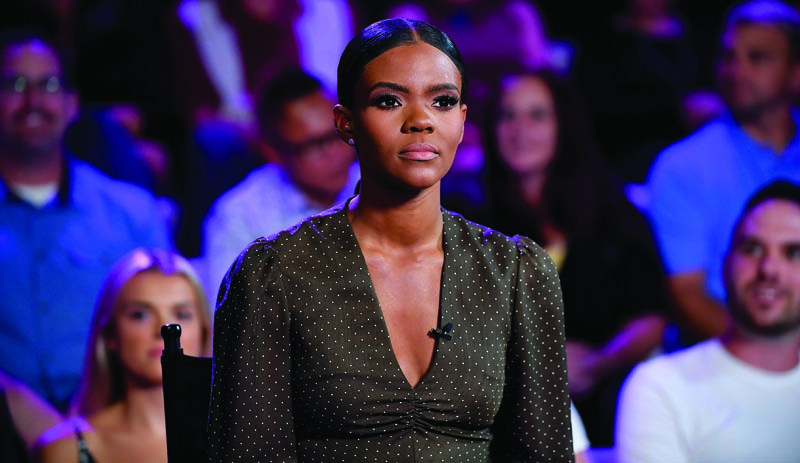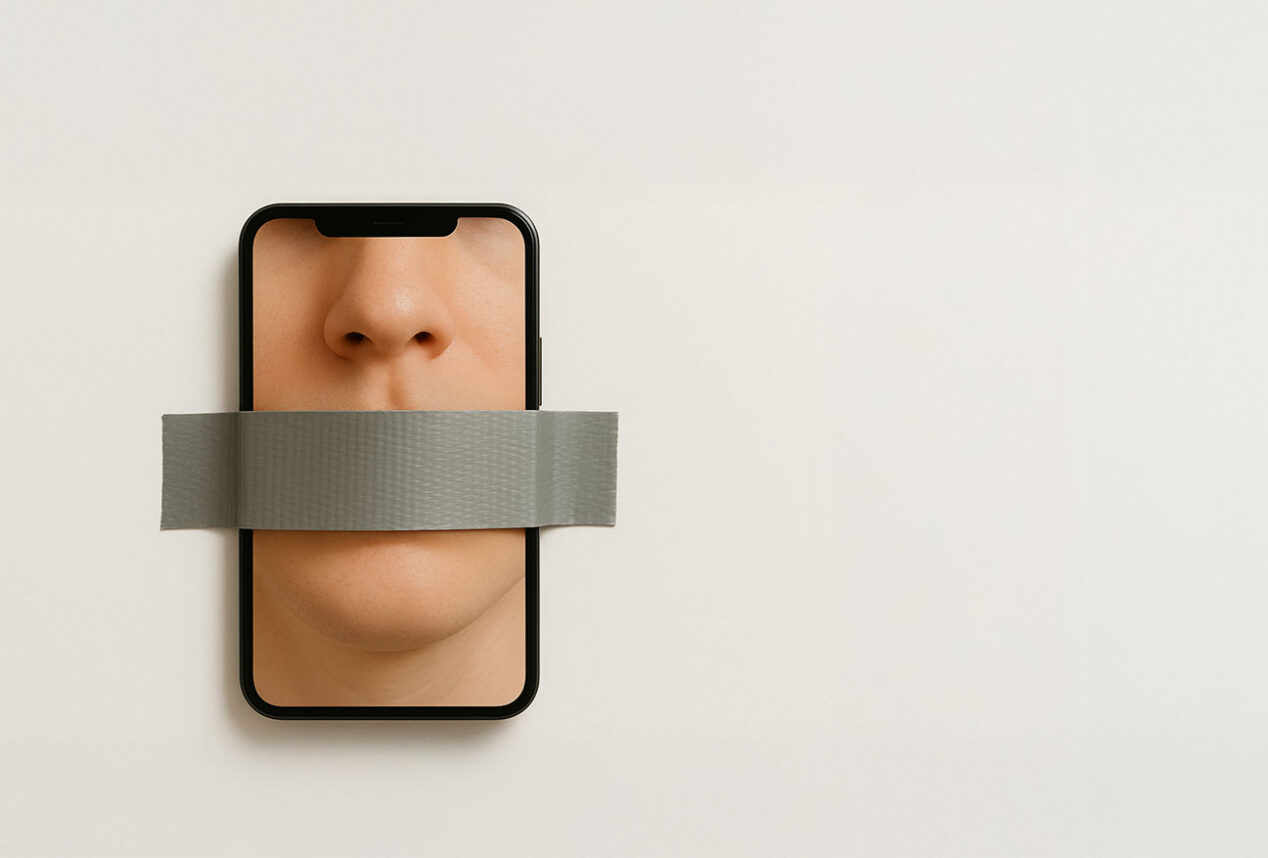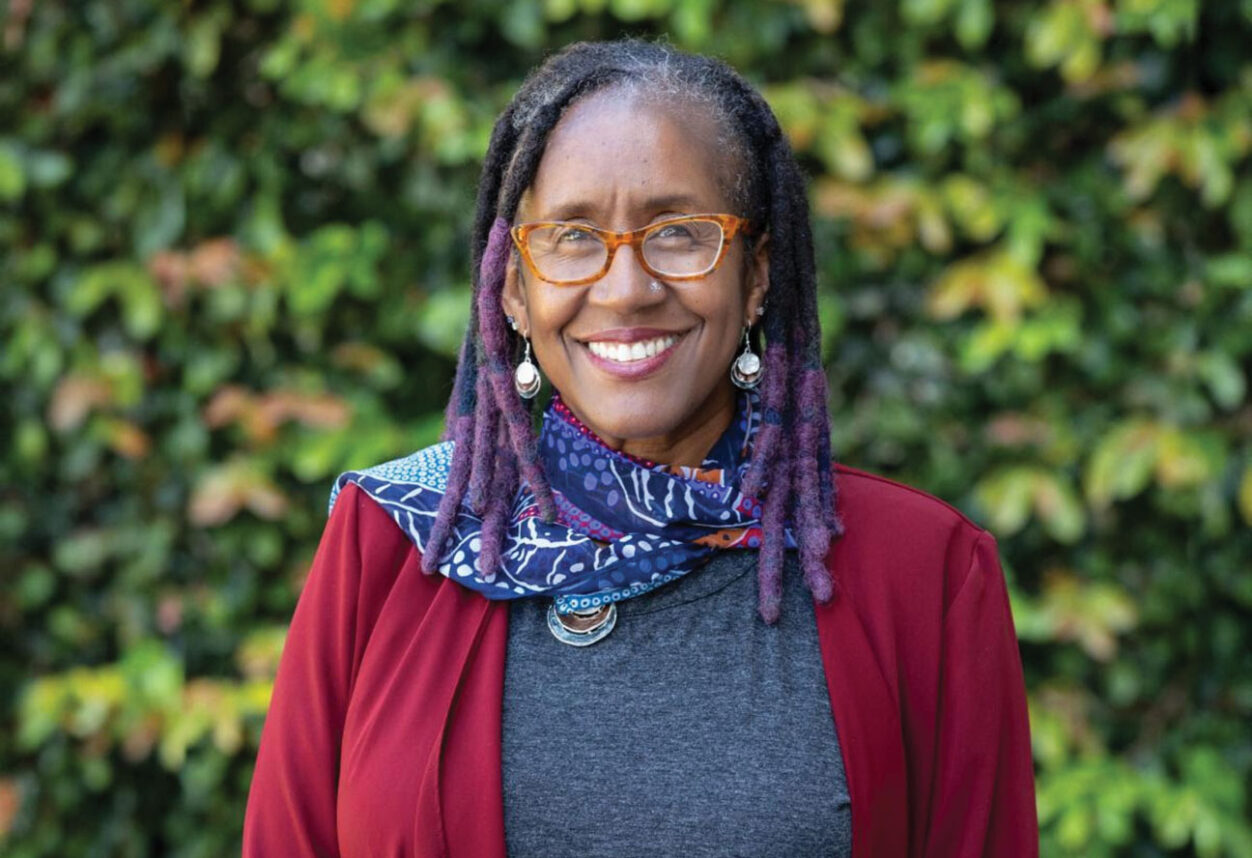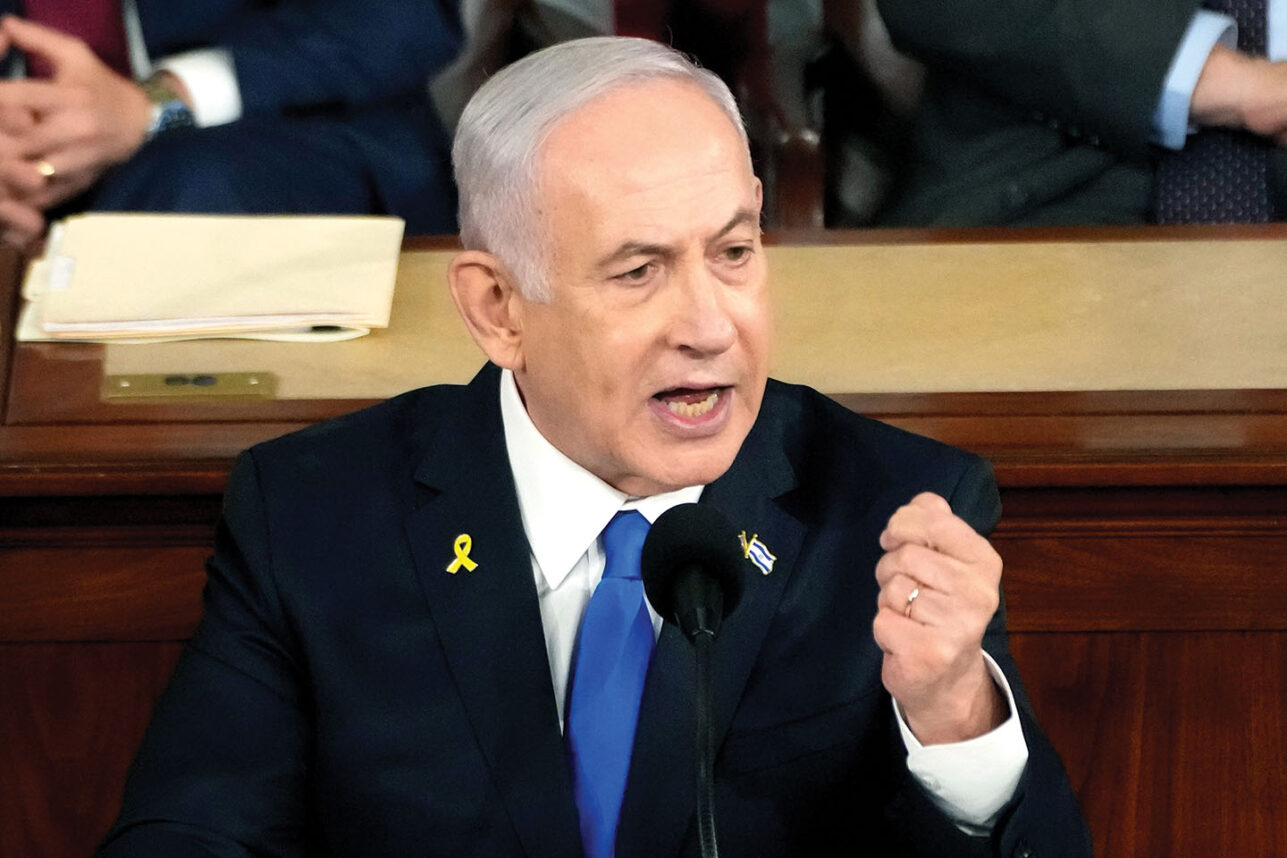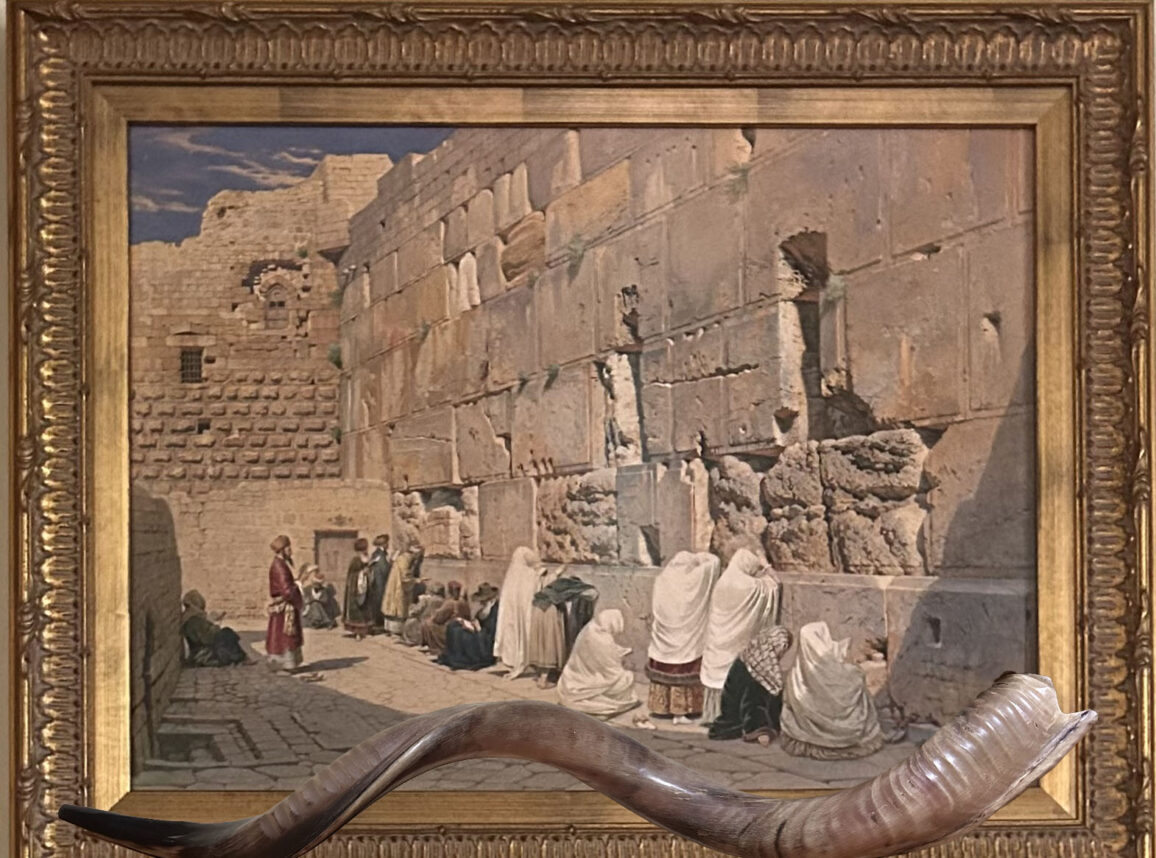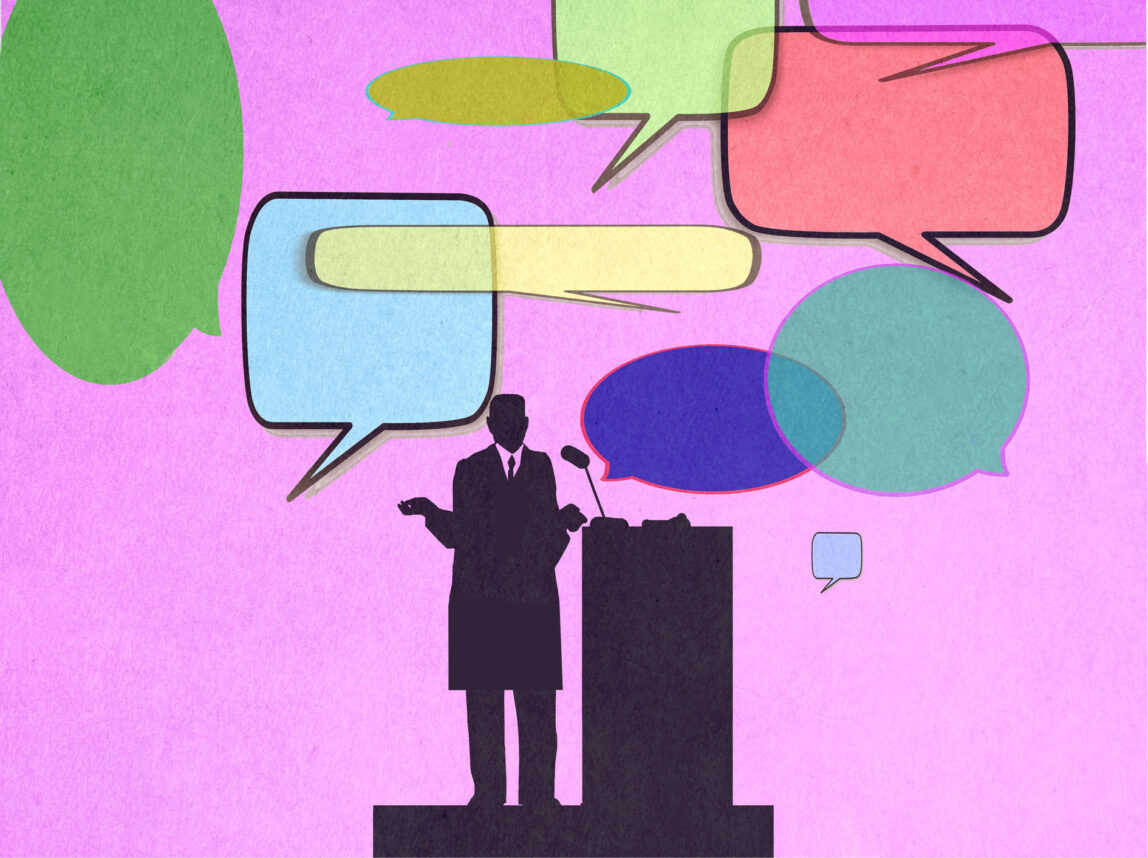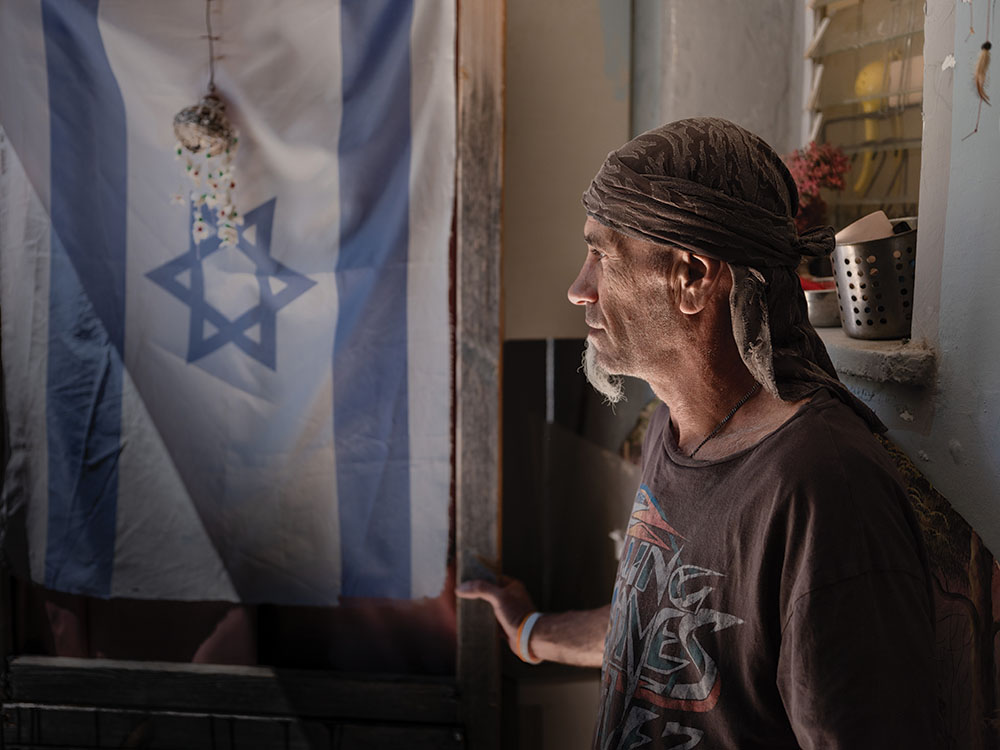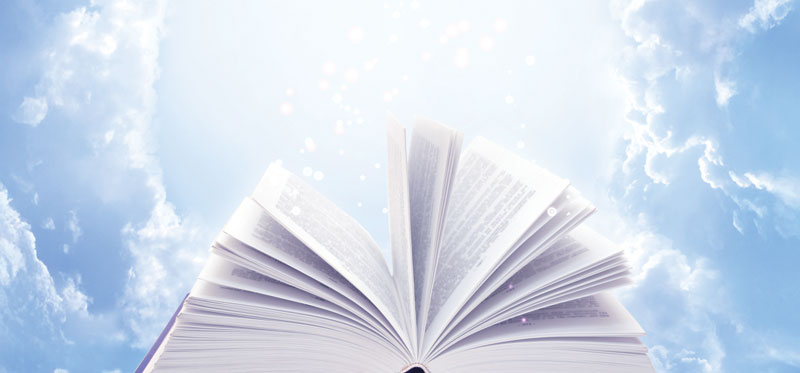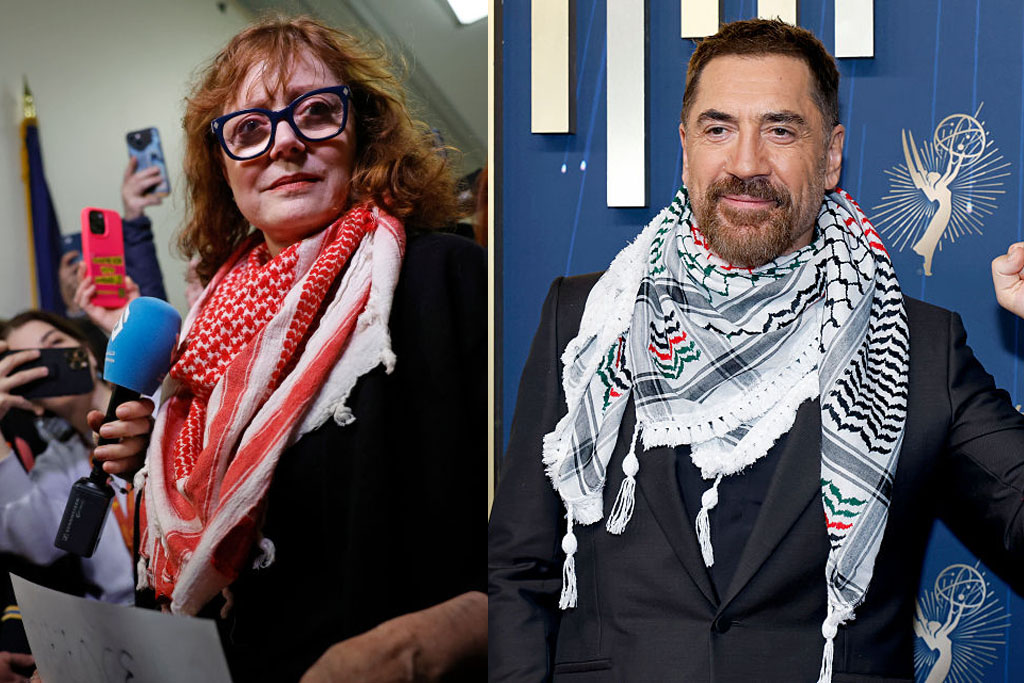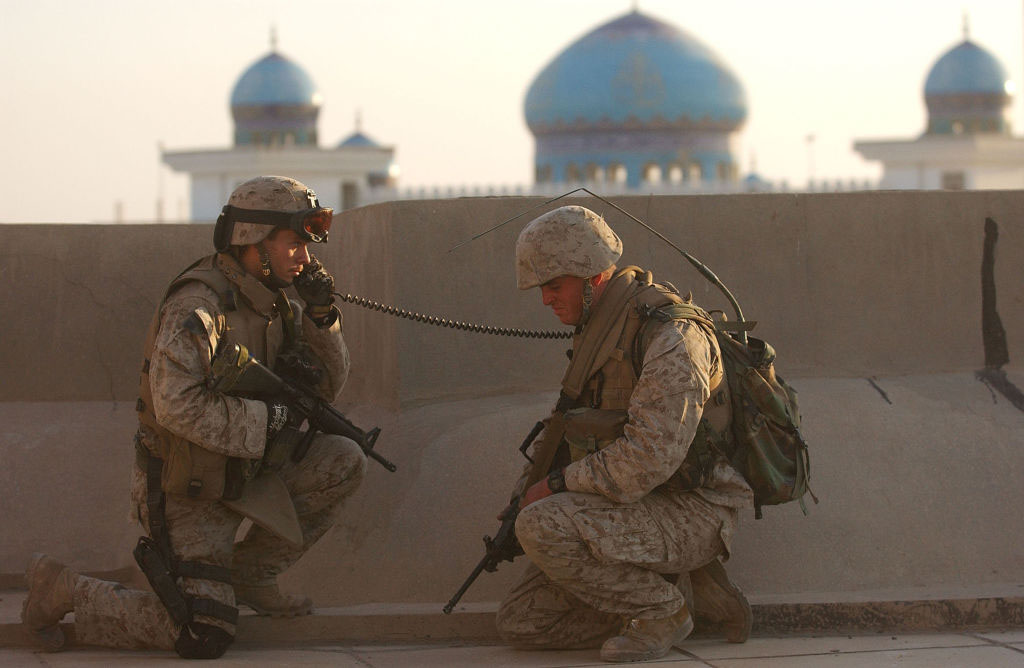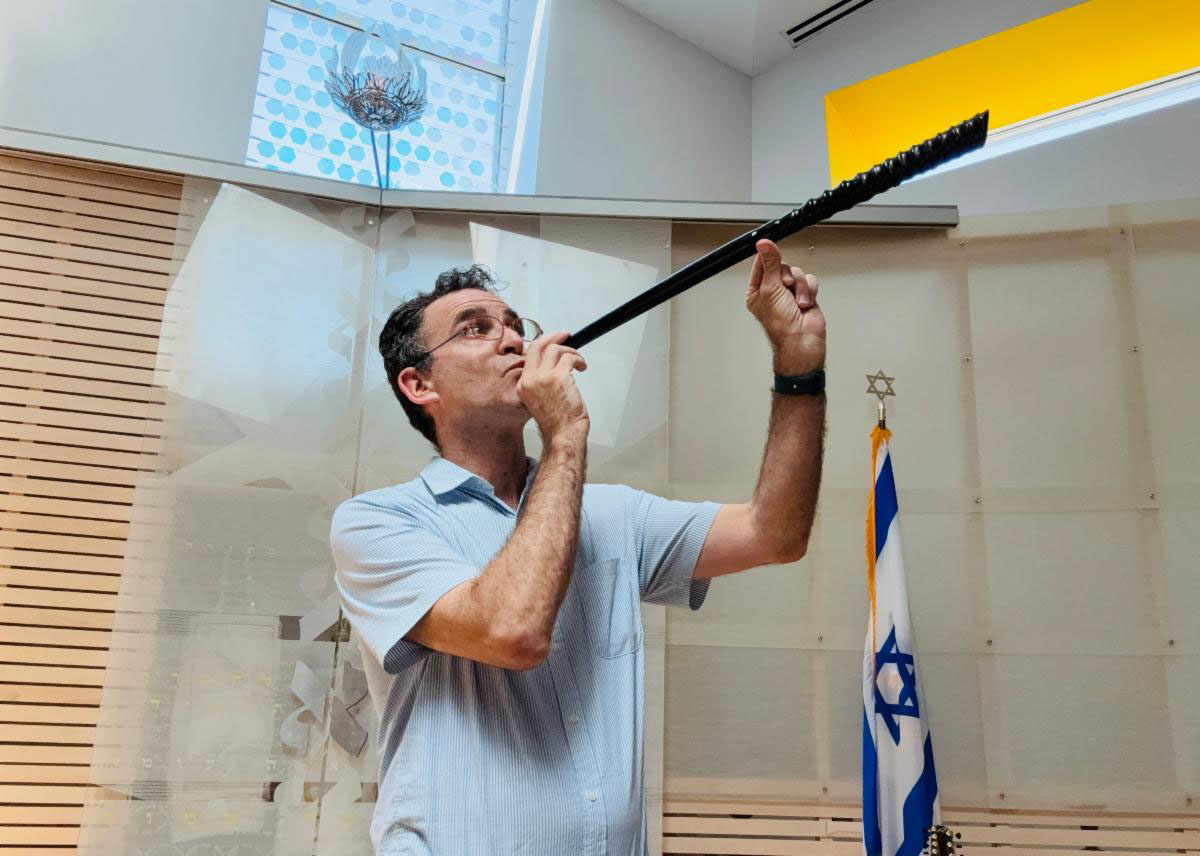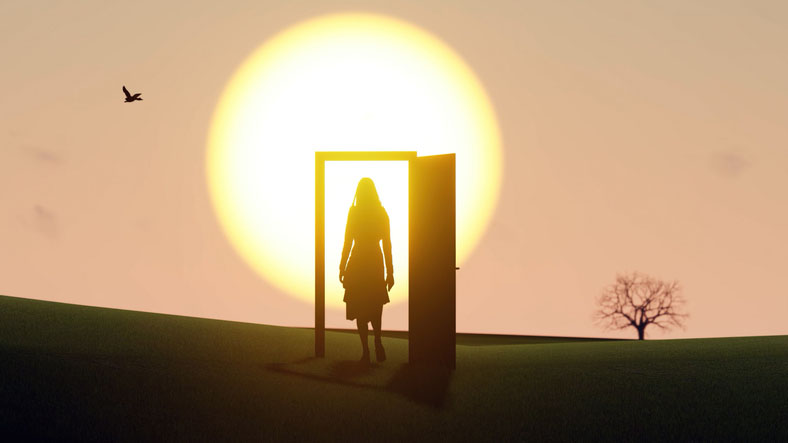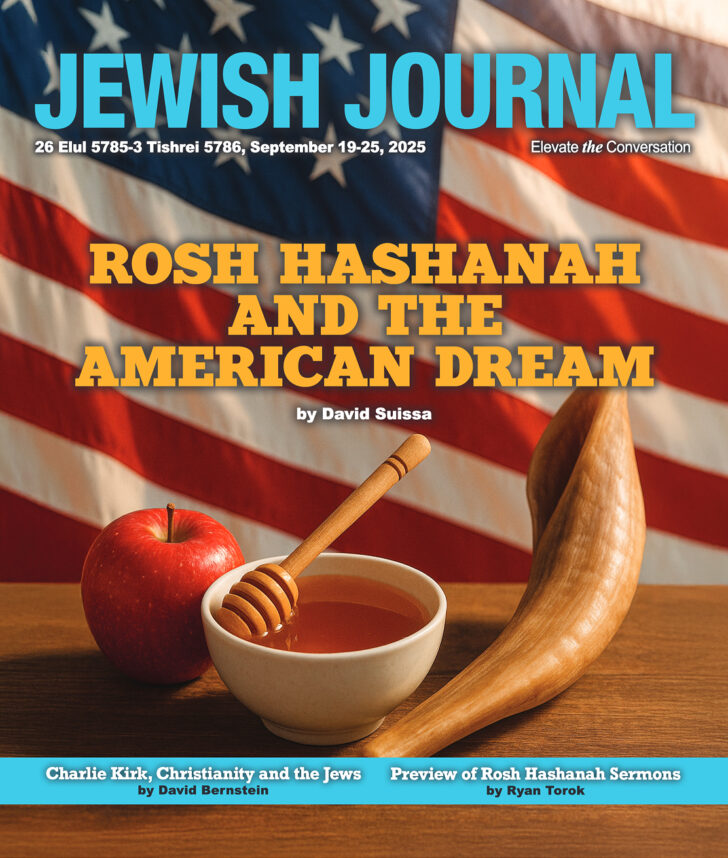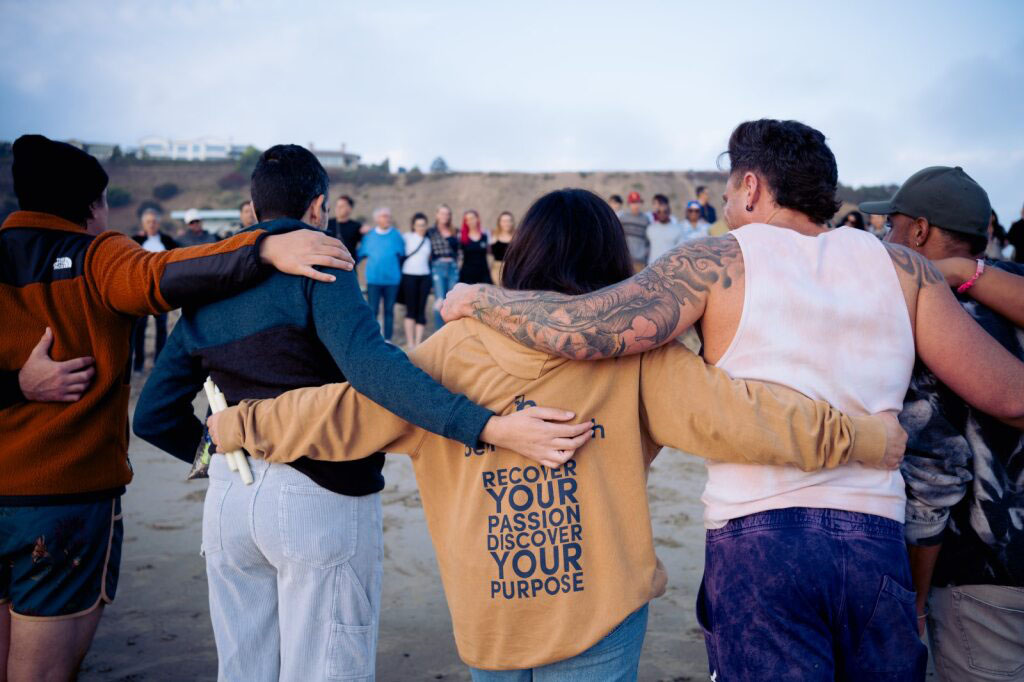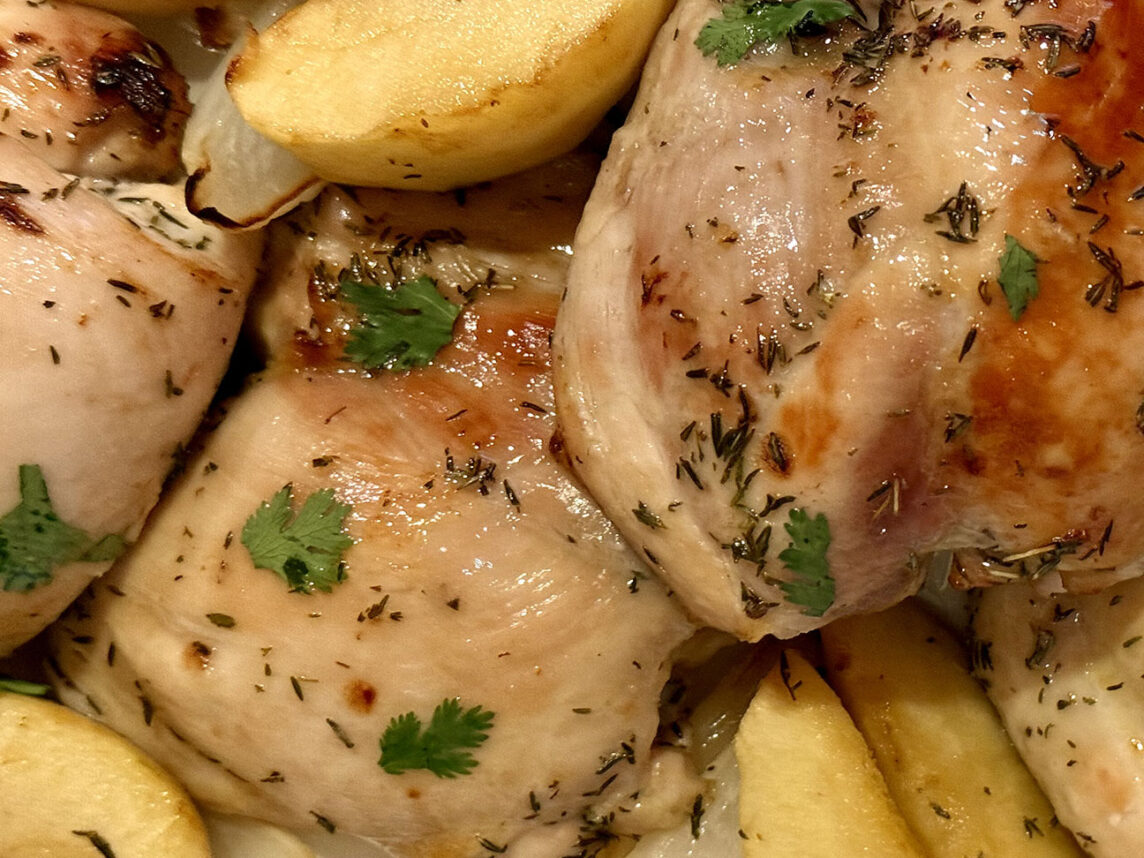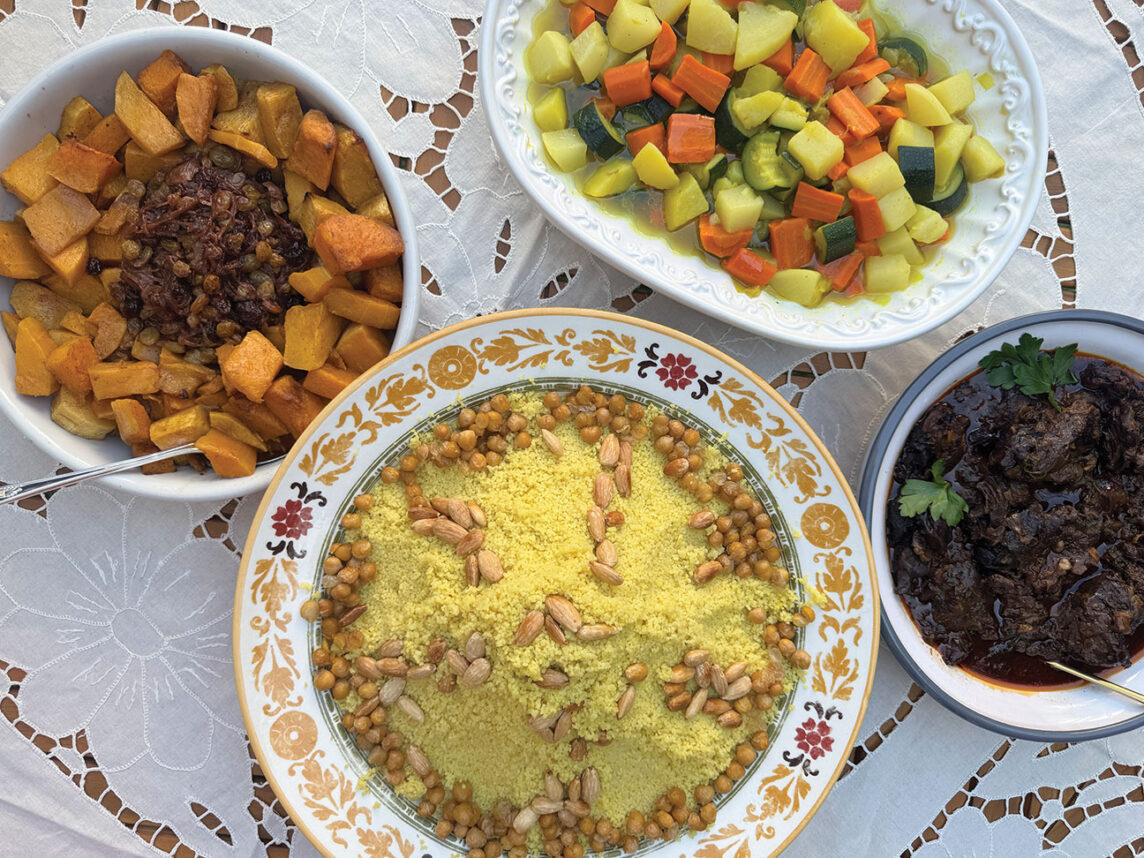Every Jewish joke reveals an insecurity. Two men of Chelm went out for a walk, when suddenly it began to rain.” Quick,” said one. “Open your umbrella.” “It won't help,” said his friend. “My umbrella is full of holes.” “Then why did you bring it?” “I didn't think it would rain!”
Jews have always been concerned about (and even prayed for) rain. One of the greatest neuroses we give to our kids is when we teach them to pray for rain but then inform them that the rain we pray for does not fall here.
In the Beit HaMikdash, on Sukkot there was a special joyous ceremony entailing the pouring of water called the Simchat Beit Ha’Shoeva. It was considered a very joyous thing and included a lot of singing, dancing, and even juggling.
The Mishnah (Sukkah 5:3) teaches that every courtyard in Jerusalem was illuminated from the light of the water drawing ceremony of the temple: “One who has not seen the rejoicing at the place of the water-drawing has never seen rejoicing in his life” (Sukkah 51a-b). The joy of water affected all then.
The simple joy of water does not exist for all today. I can recall during my time in Senegal, Africa two years ago how polluted all of the village well water was. The lack of clean drinking, bathing, cleaning water was one of the most harmful forces in each community putting each village and each family at increased risk of many fatal diseases.
In fact, about one-sixth of the world’s population (more than 1.1 billion people) lack access to safe drinking water, and more than one-third (around 2.6 billion) lack adequate sanitation. This frequently leads to a water crisis, where the available potable, unpolluted water within a region is less than that region's demand. These water crises create or exacerbate numerous problems such as droughts and famine, diseases through inadequate sanitation, the sustainability of the planet’s plant and animal life, and regional conflict (i.e., “water wars”). With “>Shemini Atzeret. During the Musaf prayers, the cantor, dressed in a white kittel (evoking the solemnity and critical need for water during this season), walks forward for the tefilat geshem, the prayer for rain. In the Amidah, from here until Passover, a phrase is added: ““>Uri L'Tzedek, the Senior Rabbi at Kehilath Israel, and is the author of ““>one of the top 50 rabbis in America!”








